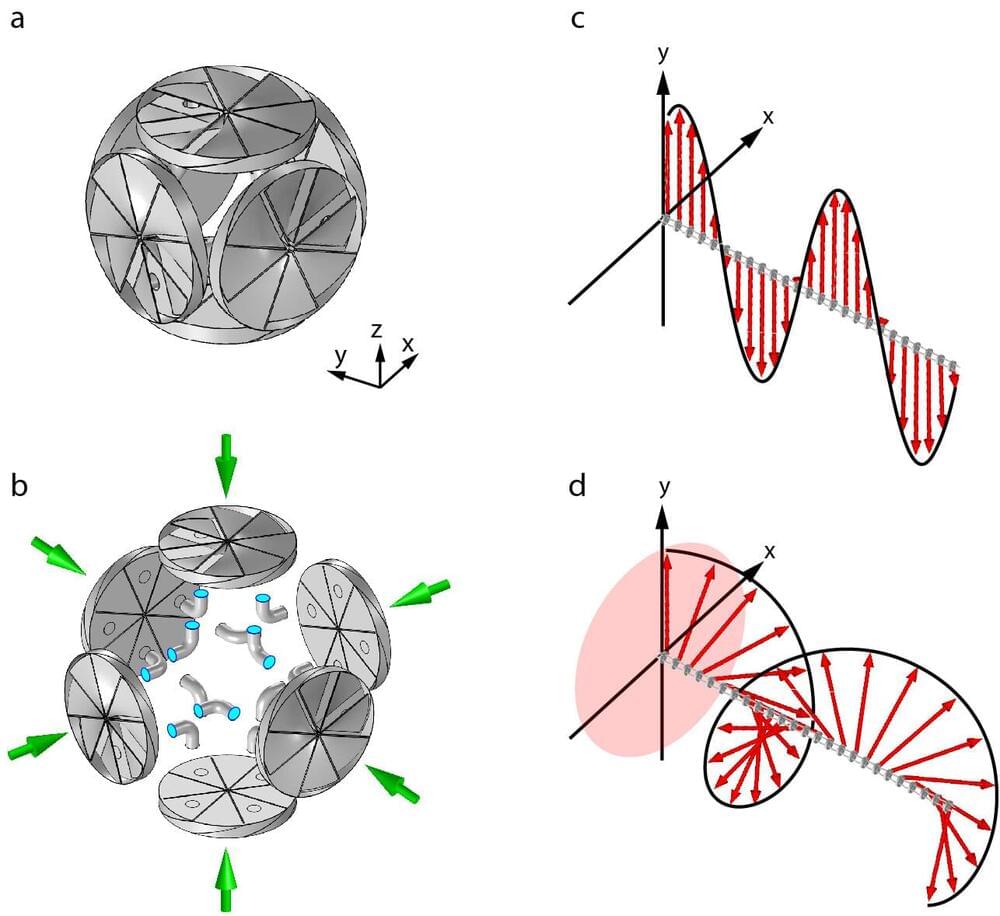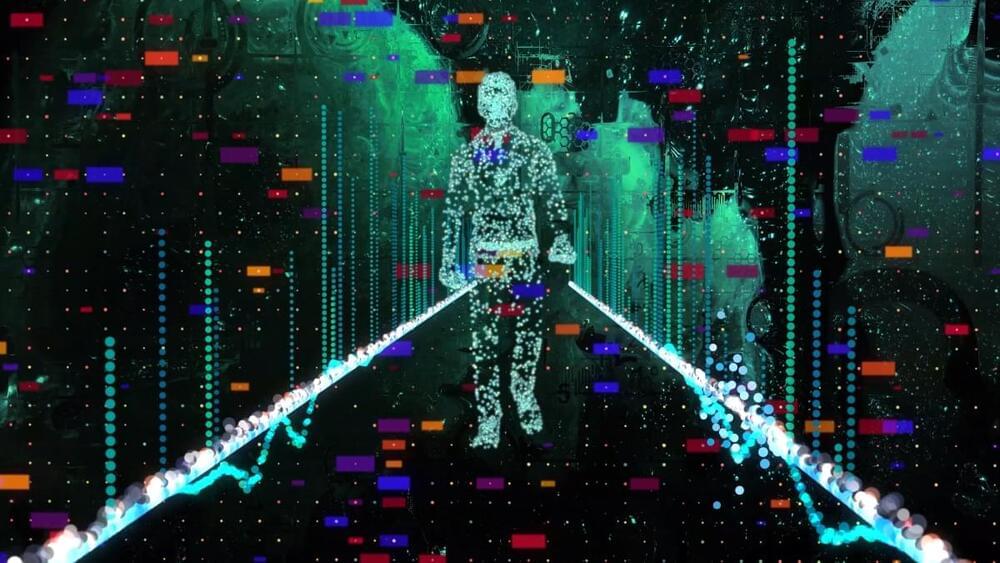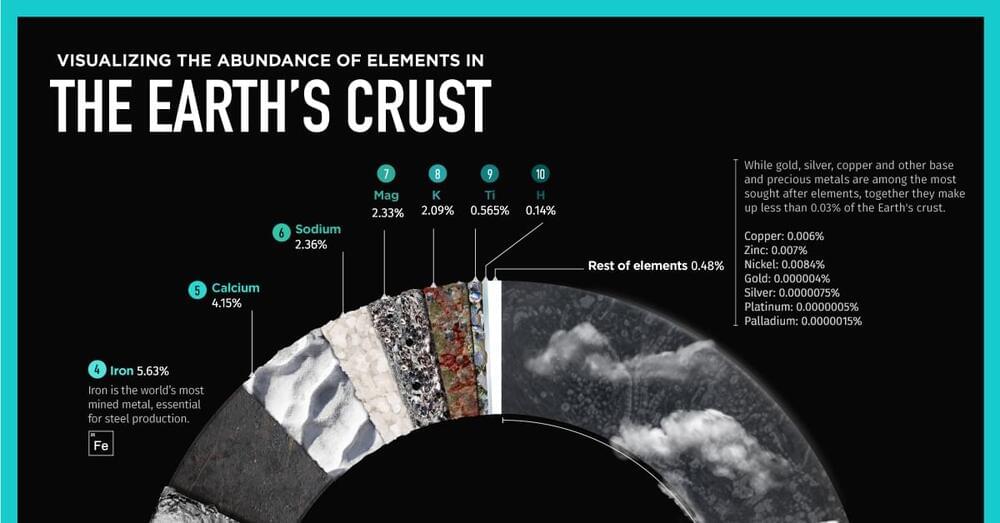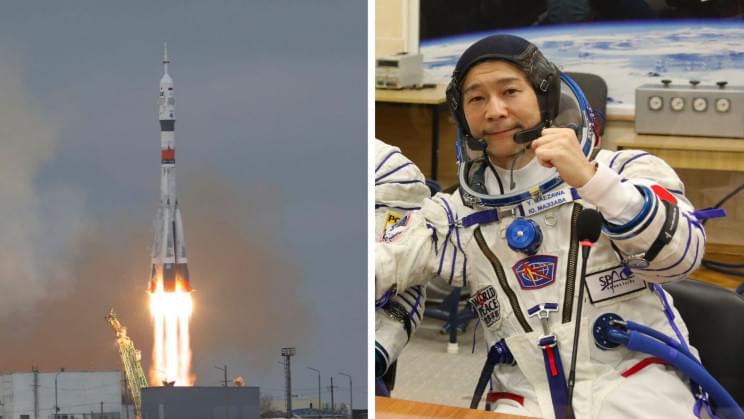Can you imagine sound traveling in the same way as light does? A research team at City University of Hong Kong (CityU) has discovered a new type of sound wave: The airborne sound wave vibrates transversely and carries both spin and orbital angular momentum like light does. The findings shattered scientists’ previous beliefs about the sound wave, opening an avenue to the development of novel applications in acoustic communications, acoustic sensing and imaging.
The research was initiated and co-led by Dr. Shubo Wang, Assistant Professor in the Department of Physics at CityU, and conducted in collaboration with scientists from Hong Kong Baptist University (HKBU) and the Hong Kong University of Science and Technology (HKUST). It was published in Nature Communications, titled “Spin-orbit interactions of transverse sound.”









